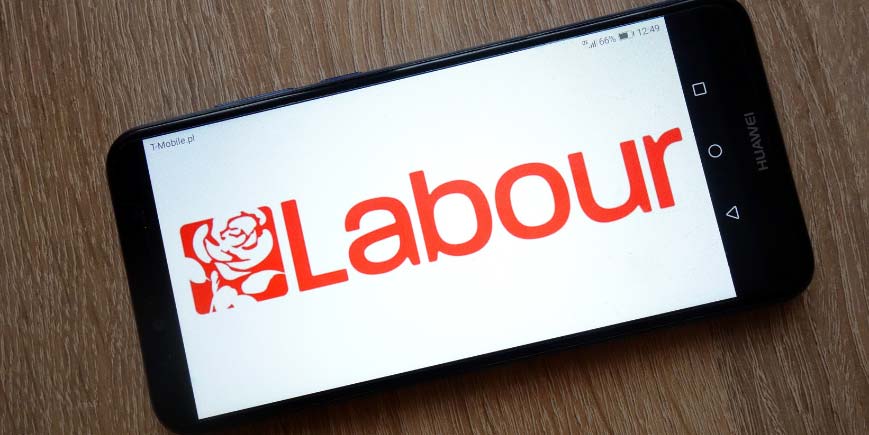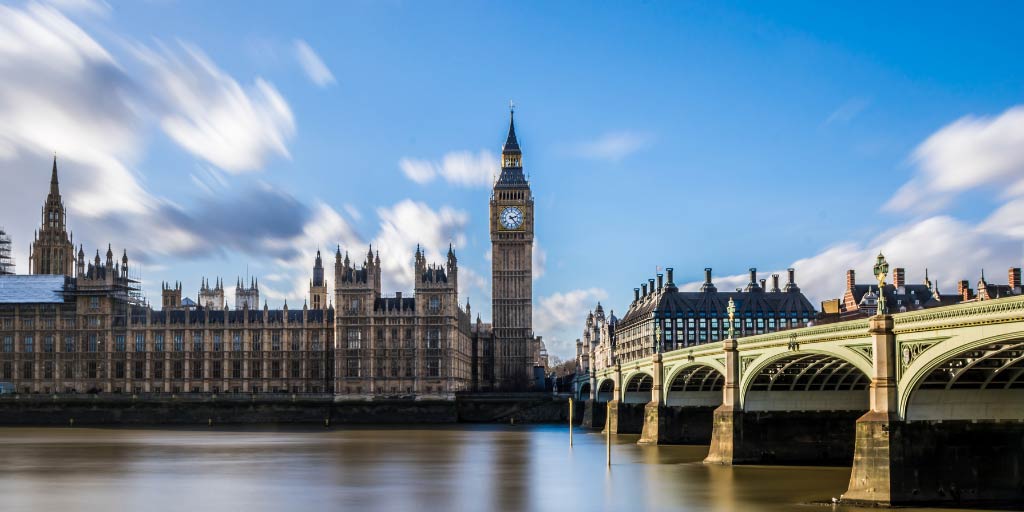This information should not be interpreted as financial, tax or legal advice. Mortgage and loan rates are subject to change.

Category: prs
Shadow Chancellor for Labour, Rachel Reeves, says there may be a case for rent controls, in an interview on BBC Radio Essex, despite previous messages stating Labour do not support them.
Confusion appears to rein on this subject, with conflicting messages coming from the Labour party.
Back in May 2023, Keir Starmer tackled the subject saying Labour did not support rent controls, then in July 2023 Shadow Housing Minister Lisa Nandy reiterated this stance.
The Conservative party has said it is against applying rent controls.
Speaking on the radio over the weekend, Rachel Reeves was asked specifically about whether she would put in place “some kind of cap on rents”, her response appears to be a reversal on Labour’s previous stance:
Where that has happened, it’s not always delivered the results that people might want.
I think that should be up to local areas to decide, there may be the case for that in some local areas, but as a blanket approach, I’m not convinced by that.
Her words implied that she would like to give control on the introduction of rent controls to local authorities, which is a very different stance on not supporting them at all.
However, Mrs Reeves’ party were keen to unravel what she had said, shortly after issuing the following statement:
As Rachel Reeves said, she does not believe rent controls are the right approach. While Labour believes action needs to be taken to address extortionate within-tenancy rent rises, rent controls are not national Labour Party policy as we remain mindful of the risk they could pose to the availability of rental properties and the harmful impacts any reduction in supply would have on renters.
Labour report recommends “rent stabilisation”
A May 2024 report, commissioned by the Labour party and led by MP Stephen Cowan, reviews the prospect of rent controls and their implementation in the past.
The report investigates the widely held view by economists that rent controls are not a suitable solution. However it raises the point that previous reviews have not looked at different types of rent control, and so the discussions on the subject ‘lack nuance’.
Within Mr Cowan’s report, various academic studies are drawn from to present evidence around the subject, one of which looks at three approaches to rent controls.
The first looks at the control of rent levels, the second at the regulation of rents within and between tenancies and the third looks at the regulation of increases within but not between tenancies.
The report concludes that ‘rent freezes or forced rent reductions are usually counter-productive’ but goes on to say that some measures can be ‘good or bad depending on the particular circumstances’.
The reality is, any thought of rent controls in any format will be met by strong reaction by the landlord community, with the experiences of landlords in Scotland dong nothing but to fuel negative reaction.
However, in the run up to a general election much is said to curry favour with the largest segments of the voting population. The reality of coming into power very often pours a lot of cold water on some plans, simply because the consequences would hurt the country.
Click through to read the full May 2024 report from Labour “Independent review of the UK’s private rented housing sector”.


